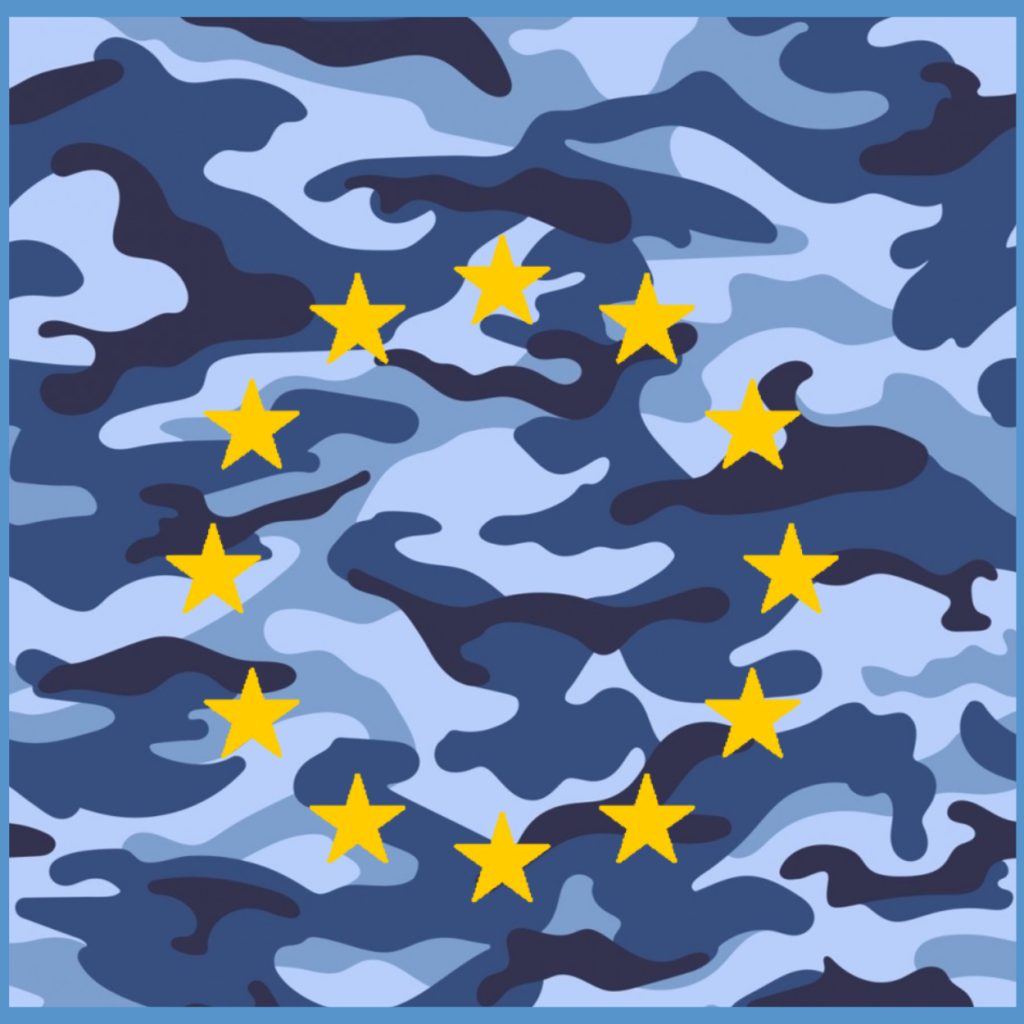[FR] Is COVID-19 calling into question European defence?

Unexpected, invisible and unknown, the coronavirus has descended upon Europe like a plague whose devastation is still difficult to imagine at this stage. But it will clearly be long-lasting: it took eight years (2008-2016) for all European countries to emerge from the 2008 crisis and return to their pre-crisis levels of wealth. The collective recovery from this pandemic crisis will undoubtedly take much longer.
For the revival of European defence, Covid-19 means, a priori, a relegation to the status of a very secondary emergency, or even the disappearance of defence from the European radar. There are several reasons for this decline:
- The first is the enormous financial effort that will be required to support European economies, prevent bankruptcies, limit unemployment and emerge from a recession that the IMF predicts will see the eurozone contract by 7.4% within a year. Billions of euros will be spent on limiting the damage to businesses and trade in the eurozone. What will remain for the European Defence Fund? Probably nothing, or perhaps a proposal to convert the EDF into a European Health Security Fund to boost vaccine research, the accumulation of stocks of beds and medicines, etc. Who would take offence at that?
- The second reason stems from the pandemic’s revelation of the failure of solidarity between Member States. When the risk of death is a reality, national self-interest prevails over all other considerations. If they were to continue, isolationism, the return of borders and the primacy of national interests could create habits and a culture that are not conducive to the revival of a defence policy based on solidarity of destiny.
- Finally, the third reason for concern about the future of defence is that the concept of security will become more global, focusing more on human security (climate, pandemics, poverty, food, technology, etc.) than on military security and its industrial and technological dimensions.
However, there are a number of arguments to suggest that the common defence policy may find justification and diversification in the pandemic crisis.
- The pandemic will undoubtedly change the behaviour, and even the philosophy, of Europeans towards death and the risk of death. With the exception of the inevitable end of human life, our societies had forgotten how to live with the threat of collective death. This familiarity with death had died out with the Second World War. A few terrorist attacks could sometimes resurrect this anxiety about vulnerability in the face of human folly, but these interludes, however terrible they were, did not call into question the voluntary evacuation of death from Europeans’ attitudes. If the pandemic were to last, it could change this behaviour: the feeling of ever-present danger, both individually and for the community as a whole, could also make the concepts of protection, resilience, common defence and shared destiny more familiar.
- The Covid-19 crisis has shown the limits of national responses to major crises. Even though all countries without exception have implemented their policies without consultation – lockdown or not, differentiated lockdown lifting, recovery timetable, etc. – they are nevertheless all aware of the importance of the collective European framework for a return to some degree of growth: Central European countries are dependent on the free movement of their workers to the West, the most affected countries need the ECB and European Stability Mechanism (around €1 trillion) measures, and even Germany, the country with the highest exports, still needs a revival of European domestic demand to maintain its growth. Even if solidarity does not come naturally in a security emergency, it remains necessary in terms of effectiveness.
- The final argument concerns US policy in particular. After attempting to make a takeover bid for a German pharmaceutical company, accusing Europe of being the source of the virus and closing its borders to European nationals without warning, and allowing China to show greater solidarity with Italy than America, Donald Trump has further discredited himself as the leader of the West and protector of Europeans. The case for greater European autonomy in areas as strategic as health and security may find added legitimacy in this context.




